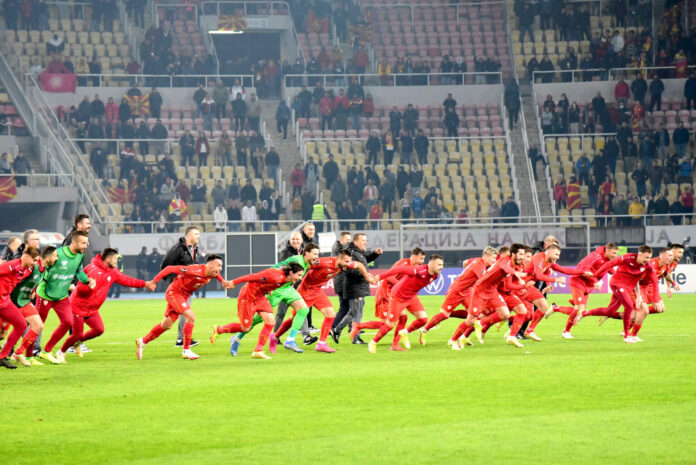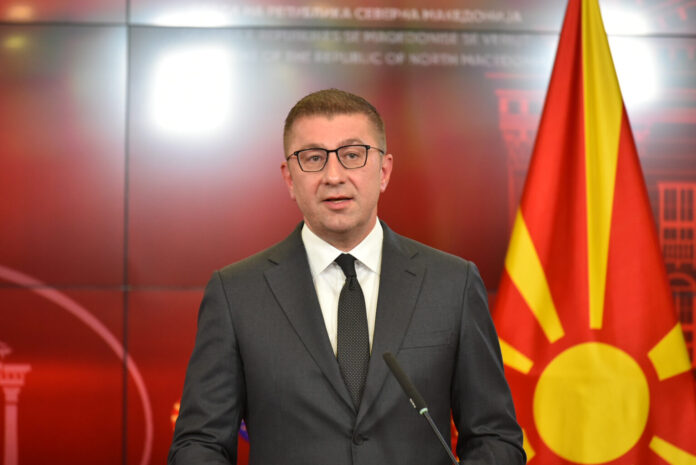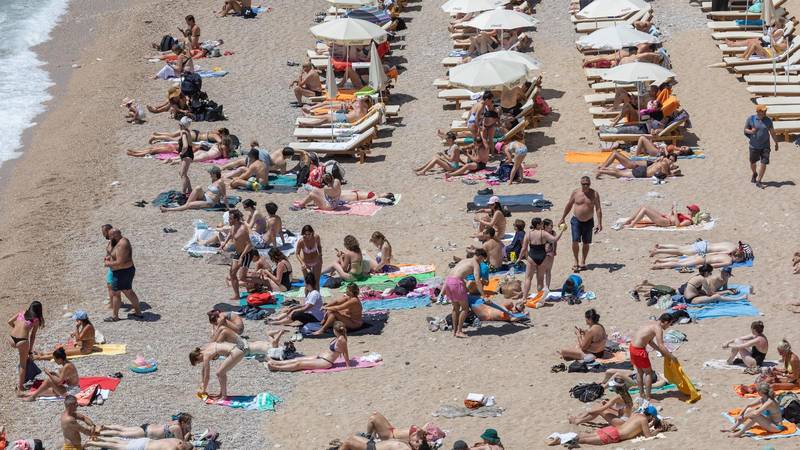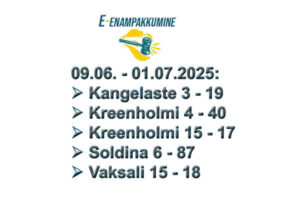Kaya Calas: We will not tolerate any threats to Bosnia and Herzegovina’s security
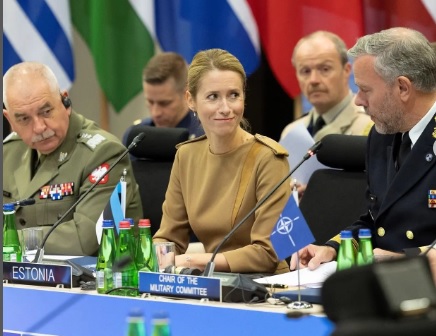
EU High Representative for Foreign Affairs and Security Policy Kaya Calas has arrived in Bosnia and Herzegovina, the Bosnian newsroom on H1 television reported.
Kalas visited the EUFOR base in Sarajevo, thanked the soldiers of the Althea mission and sent clear and strong messages that the mission is very important and that this base represents the place where the EU security and defense policy was born with a UN mandate.
– At a time when our focus is largely aimed at security and defense, the EUFOR’s ‘Althea’ operation is even more in the spotlight. You know better than many what is needed to preserve peace and security in dangerous times. You know that achieving peace requires diplomatic efforts, but its preservation requires strength. That is why European armies, along with armies from other countries, have been supporting Bosnia and Herzegovina for 30 years in maintaining a secure and safe environment – said Kalas.
She emphasized that today’s security situation is stable but also fragile.
-We find ourselves at a time when the country is facing a serious constitutional crisis, and the leadership of Republika Srpska undermines the constitutional and legal order, endangering the fundamental freedoms of all citizens. This behavior is contrary to the obligations Bosnia and Herzegovina has taken on their European path. We will not tolerate any threats to the territorial integrity, sovereignty and constitutional order of Bosnia and Herzegovina. Any attempt to disperse the state is unacceptable- Calas said.
She recalled that an additional 100 EUFOR forces were deployed in March as part of the operation, stressing that it was done to send a clear message: « The EU remains firmly committed to the stability of this region and the security of Bosnia and Herzegovina. »
Kalas announced that the EU foreign ministers would consider opportunities for even stronger engagement in Bosnia and Herzegovina and throughout the Western Balkans region.
Kaya Callas’ visit comes amid political crisis in Bosnia, where in February the Bosnia and Herzegovina court condemned Bosnian Serb leader Milorad Dodik to one year in prison and a six -year ban on political activity for failing to comply with the international community.
The Bosnian prosecutor’s office has issued an arrest warrant for Dodik, as well as the Prime Minister of Republika Srpska and the Speaker of the Parliament of the Entity. They are suspected of « attacking the constitutional order » after Republika Srpska’s parliament approved, and Dodik signed a decree on laws banning the action of federal judicial and security institutions on the territory of Republika Srpska.
Under the terms of the Dayton Peace Agreement, which ended the inter-ethnic war in Bosnia (1992-1995), the country is divided into two semi-autonomous units: Republika Srpska, inhabited mainly by Bosnian Serbs, and the Federation of Bosnia and Herzegovina (Muslim-Croatian), where they live. Each unit has its own government, parliament and police, but both are linked through joint state institutions, including judicial system, army, security services and tax administration.

